By Julia Backus, Associate
Upon starting my work with Lambert’s Education and Social Impact practice last year, I was unaware at just how different the scope of work was to the Consumer and Food & Beverage clients I had been supporting up to that point. While the end goal is basically the same—increasing sales for consumer brands and increasing enrollment numbers for schools—how we achieve those objectives isn’t the same.
With schools, we are putting faces to initiatives that are critical to children and families, telling stories in an impactful way, and informing the public why choosing to enroll their child in that school is the best solution for their family. We do this, in part, by sharing stories featuring students, teachers, administrators, volunteers and others connected to the school community.
Members of Lambert’s education team are constantly in communications with principals, teachers, students, families, staff and community members to help tell their stories genuinely and accurately. There are so many positive stories in schools that often go untold for two simple reasons: first, educators are humble – they don’t like to celebrate their work; second, and more importantly, they’re busy educating our children. That’s where the Lambert team comes in—by uncovering and sharing stories with the community through the media and the school’s social media channels.
Our approach to story mining with schools focuses on the following three things:
- Preparation — Knowing your objectives and questions ahead of the call is crucial to getting to the heart of the story.
- It’s about time — Connecting with parents, students and others often take time. Therefore, plan your communications schedule and content calendar accordingly. The last thing you want is to put pressure on the focal point of the story, or yourself, in order to meet deadlines. Remember, rushed work rarely results in good work.
- Authenticity — To maximize the story, we make sure the subject of the story feels comfortable talking to us—for the more comfortable they are, the more information they’ll share. Thus, we seek to be authentic in our outreach to and discussions with them. Everyone has a story to tell and respecting that story is essential to fully capture it.
The competition for students has never been greater, so schools need to stop being so humble and to start sharing their stories. Your community will take notice.

